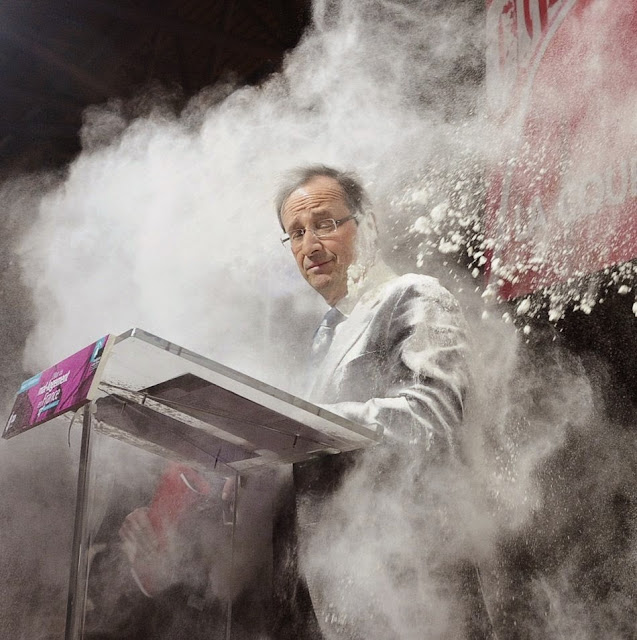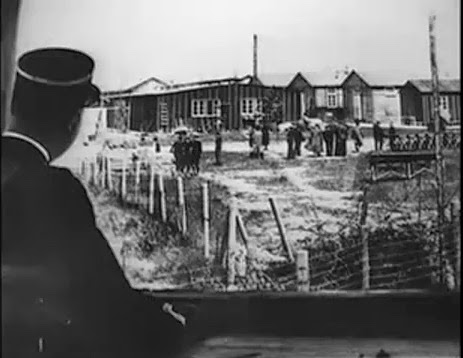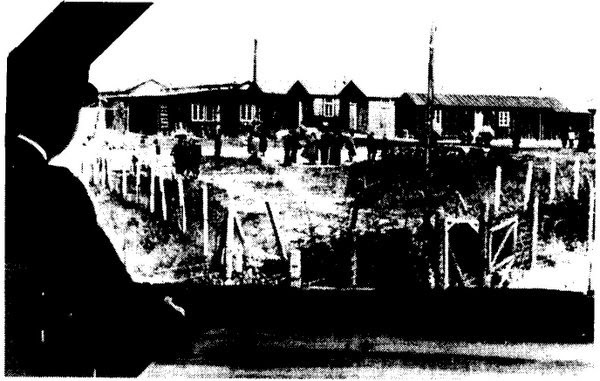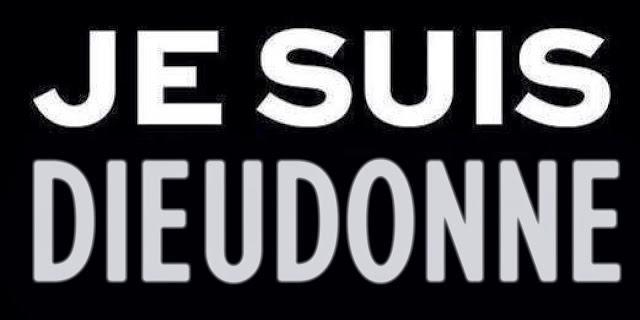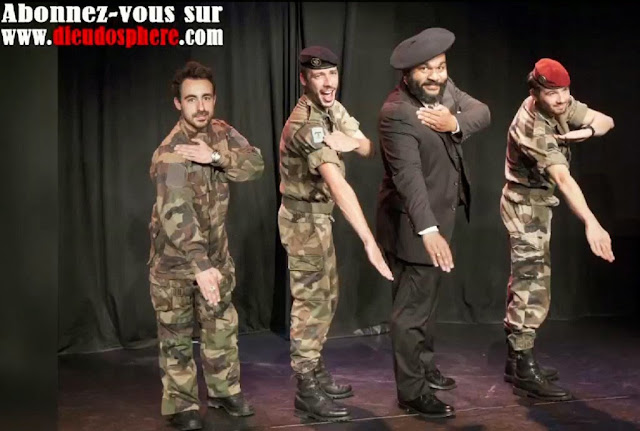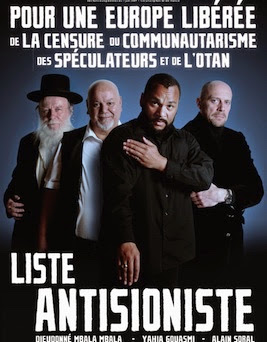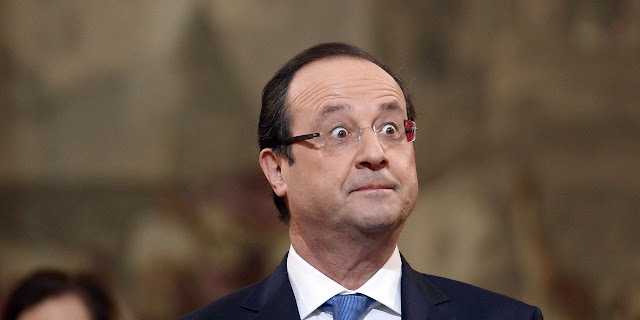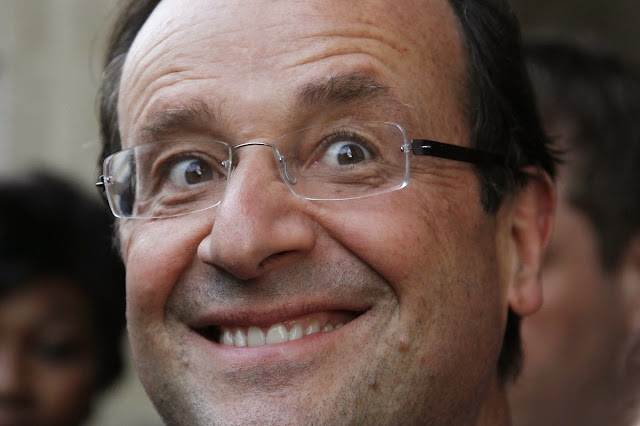Thursday 26 May 2016
I Reversed the Polarity of the Neutron Flow
Wednesday 11 May 2016
God is in The TV
People have been telling us about this for thousands of years.
The Tibetans have been telling us about this.
The Mesopotamians have been telling us about this.
And why has it been made ‘occult’?
The McDonalds “M” is a sigil.
"The connection of speech and reason is the organizing principle of Plato's dialogues and of all the literature based on them, through St. Augustine to the Italian Renaissance. The theater of Marlowe, Shakespeare, and Schiller represents a continuation of this tradition in a slightly different form.
We must also recall that the classical poetry of Homer, Dante, and Chaucer was meant to be spoken or sung aloud."
" In the Book of Genesis, Adam creates language under the direct tutelage of God by giving names to animals and other objects."
"The entire field covered by the cybernetic program will be the field of writing" (Of Grammatology, p. 9).
Monday 19 January 2015
Magick and The Bard
I believe that all culture must have arisen from cult. Originally, all of the faucets of our culture, whether they be in the arts or sciences were the province of the Shaman. The fact that in present times, this magical power has degenerated to the level of cheap entertainment and manipulation, is, I think a tragedy. At the moment the people who are using Shamanism and magic to shape our culture are advertisers. Rather than try to wake people up, their Shamanism is used as an opiate to tranquilize people, to make people more manipulable. Their magic box of television, and by their magic words, their jingles can cause everyone in the country to be thinking the same words and have the same banal thoughts all at exactly the same moment.
In all of magic there is an incredibly large linguistic component. The Bardic tradition of magic would place a bard as being much higher and more fearsome than a magician. A magician might curse you. That might make your hands lay funny or you might have a child born with a club foot. If a Bard were to place not a curse upon you, but a satire, then that could destroy you. If it was a clever satire, it might not just destroy you in the eyes of your associates; it would destroy you in the eyes of your family. It would destroy you in your own eyes. And if it was a finely worded and clever satire that might survive and be remembered for decades, even centuries. Then years after you were dead people still might be reading it and laughing at you and your wretchedness and your absurdity. Writers and people who had command of words were respected and feared as people who manipulated magic. In latter times I think that artists and writers have allowed themselves to be sold down the river. They have accepted the prevailing belief that art and writing are merely forms of entertainment. They’re not seen as transformative forces that can change a human being; that can change a society. They are seen as simple entertainment; things with which we can fill 20 minutes, half an hour, while we’re waiting to die. It’s not the job of the artist to give the audience what the audience wants. If the audience knew what they needed, then they wouldn’t be the audience. They would be the artists. It is the job of artists to give the audience what they need. "
-Alan Moore
Sunday 18 January 2015
The Illusion of Free Speech
LAW No 90-615 to repress acts of racism, anti-semitism and xenophobia (1990)MODIFICATIONS OF THE LAW OF JULY 29, 1881 ON THE FREEDOM OF THE PRESS Art 8. - Article 24 of the Law on the Freedom of the Press of 29 July 1881 is supplemented by the following provisions: In the event of judgment for one of the facts envisaged by the preceding subparagraph, the court will be able moreover to order: Except when the responsibility for the author of the infringement is retained on the base for article 42 and the first subparagraph for article 43 for this law or the first three subparagraphs for article 93-3 for the law No 82-652 for July 29, 1982 on the audio-visual communication, the deprivation of the rights enumerated to the 2o and 3o of article 42 of the penal code for imprisonment of five years maximum;Art 9. – As an amendment to Article 24 of the law of July 29, 1881 on the freedom of the press, article 24 (a) is as follows written: <<Art. 24 (a). - those who have disputed the existence of one or more crimes against humanitysuch as they are defined by Article 6 of the statute of the international tribunal military annexed in the agreement of London of August 8, 1945 and which were a carried out either by the members of an organization declared criminal pursuant to Article 9 of the aforementioned statute, or by a person found guilty such crimes by a French or international jurisdiction shall be punished by one month to one year's imprisonment or a fine.Art 13. - It is inserted, after article 48-1 of the law of July 29, 1881 on the freedom of the press, article 48-2 thus written: <<Art. 48-2. - publication or publicly expressed opinion encouraging those to whom it is addressed to pass a favourable moral judgment on one or more crimes against humanity and tending to justify these crimes (including collaboration) or vindicate their perpetrators shall be punished by one to five years' imprisonment or a fine.
When the act was challenged by Robert Faurisson, the Human Rights Committee upheld it as a necessary means to counter possible antisemitism.
In 2012, the Constitutional Council of France ruled that to extend the Gayssot Act to the Armenian Genocide denial was unconstitutional because it violated the freedom of speech.
L'Assemblée nationale a adopté,
Le Président de la République promulgue la loi dont la teneur suit:
L'Etat assure le respect de ce principe dans le cadre des lois en vigueur.
<<Art. 51-1. - Dans les cas prévus par la loi, le tribunal pourra ordonner, aux frais du condamné, soit la publication intégrale ou partielle de sa décision, soit l'insertion d'un communiqué informant le public des motifs et du dispositif de celle-ci dans le Journal officiel de la République française ou dans un ou plusieurs journaux ou écrits périodiques qu'il désignera.
<<Le tribunal déterminera, le cas échéant, les extraits de la décision qui devront être publiés; il fixera les termes du communiqué à insérer.>>
<<Art. 187-3. - En cas de condamnation prononcée en application des articles 187-1 ou 187-2, le tribunal pourra ordonner:
<<2o L'affichage de sa décision dans les conditions prévues par l'article 51;
<<3o La publication de celle-ci ou l'insertion d'un communiqué dans les conditions prévues par l'article 51-1, sans que les frais de publication ou d'insertion puissent excéder le maximum de l'amende encourue.>>
<<Art. 416-2. - En cas de condamnation prononcée en application des articles 416 et 416-1, le tribunal pourra ordonner:
<<1o La privation des droits mentionnés aux 2o et 3o de l'article 42, pour une durée de cinq ans au plus;
<<2o L'affichage de sa décision dans les conditions prévues par l'article 51;
<<3o La publication de celle-ci ou l'insertion d'un communiqué dans les conditions prévues par l'article 51-1, sans que les frais de publication ou d'insertion puissent excéder le maximum de l'amende encourue.
<<Toutefois, en cas de condamnation en application des dispositions de l'article 416 relatives à l'état de santé ou au handicap, l'affichage ou la publication de la décision, ou l'insertion d'un communiqué, ne pourront comporter l'identité de la victime qu'avec son accord ou celui de son représentant légal.>>
<<Art. 13-1. - Le droit de réponse prévu par l'article 13 pourra être exercé par les associations remplissant les conditions prévues par l'article 48-1, lorsqu'une personne ou un groupe de personnes auront, dans un journal ou écrit périodique, fait l'objet d'imputations susceptibles de porter atteinte à leur honneur ou à leur réputation à raison de leur origine ou de leur appartenance ou de leur non-appartenance à une ethnie, une nation, une race ou une religion déterminée.
<<Toutefois, quand la mise en cause concernera des personnes considérées individuellement, l'association ne pourra exercer le droit de réponse que si elle justifie avoir reçu leur accord.
<<Aucune association ne pourra requérir l'insertion d'une réponse en application du présent article dès lors qu'aura été publiée une réponse à la demande d'une des associations remplissant les conditions prévues par l'article 48-1.>>
<<En cas de condamnation pour l'un des faits prévus par l'alinéa précédent, le tribunal pourra en outre ordonner:
<<1o Sauf lorsque la responsabilité de l'auteur de l'infraction est retenue sur le fondement de l'article 42 et du premier alinéa de l'article 43 de la présente loi ou des trois premiers alinéas de l'article 93-3 de la loi no 82-652 du 29 juillet 1982 sur la communication audiovisuelle, la privation des droits énumérés aux 2o et 3o de l'article 42 du code pénal pour une durée de cinq ans au plus;
<<3o La publication de sa décision ou l'insertion d'un communiqué dans les conditions prévues par l'article 51-1 du code pénal, sans que les frais de publication ou d'insertion puissent excéder le maximum de l'amende encourue.>>
<<Art. 24 bis. - Seront punis des peines prévues par le sixième alinéa de l'article 24 ceux qui auront contesté, par un des moyens énoncés à l'article 23, l'existence d'un ou plusieurs crimes contre l'humanité tels qu'ils sont définis par l'article 6 du statut du tribunal militaire international annexé à l'accord de Londres du 8 août 1945 et qui ont été commis soit par les membres d'une organisation déclarée criminelle en application de l'article 9 dudit statut, soit par une personne reconnue coupable de tels crimes par une juridiction française ou internationale.
<<Le tribunal pourra en outre ordonner:
<<1o L'affichage de sa décision dans les conditions prévues par l'article 51 du code pénal;
<<2o La publication de celle-ci ou l'insertion d'un communiqué dans les conditions prévues par l'article 51-1 du code pénal, sans que les frais de publication ou d'insertion puissent excéder le maximum de l'amende encourue.>>
<<En cas de condamnation pour l'un des faits prévus par l'alinéa précédent, le tribunal pourra en outre ordonner:
<<1o L'affichage de sa décision dans les conditions prévues par l'article 51 du code pénal;
<<2o La publication de celle-ci on l'insertion d'un communiqué dans les conditions prévues par l'article 51-1 du code pénal, sans que les frais de publication ou d'insertion puissent excéder le maximum de l'amende encourue.>>
<<En cas de condamnation pour l'un des faits prévus par l'alinéa précédent, le tribunal pourra en outre ordonner:
<<1o L'affichage de sa décision dans les conditions prévues par l'article 51 du code pénal;
<<2o La publication de celle-ci ou l'insertion d'un communiqué dans les conditions prévues par l'article 51-1 du code pénal, sans que les frais de publication ou d'insertion puissent excéder le maximum de l'amende encourue.>>
<<Art. 48-2. - Toute association régulièrement déclarée depuis au moins cinq ans à la date des faits, qui se propose, par ses statuts, de défendre les intérêts moraux et l'honneur de la Résistance ou des déportés peut exercer les droits reconnus à la partie civile en ce qui concerne l'apologie des crimes de guerre, des crimes contre l'humanité ou des crimes ou délits de collaboration avec l'ennemi et en ce qui concerne l'infraction prévue par l'article 24 bis.>>
<<II. - Les associations remplissant les conditions fixées par l'article 48-1 de la loi du 29 juillet 1881 sur la liberté de la presse peuvent également exercer le droit de réponse prévu par le présent article dans le cas où des imputations susceptibles de porter atteinte à l'honneur ou à la réputation d'une personne ou d'un groupe de personnes à raison de leur origine, de leur appartenance ou de leur non-appartenance à une ethnie, une nation, une race ou une religion déterminée auraient été diffusées dans le cadre d'une activité de communication audiovisuelle.
<<Toutefois, quand les imputations concerneront des personnes considérées individuellement, l'association ne pourra exercer le droit de réponse que si elle justifie avoir reçu leur accord.
<<Aucune association ne pourra requérir la diffusion d'une réponse en application du présent article dès lors qu'aura été diffusée une réponse à la demande d'une des associations remplissant les conditions prévues par l'article 48-1 précité.>>
<<Toutefois, la reproduction ou la diffusion, intégrale ou partielle, de l'enregistrement des audiences d'un procès pour crime contre l'humanité peut être autorisée dès que ce procès a pris fin par une décision devenue définitive.>> II. - Les procès dont l'enregistrement aura été autorisé au jour de la promulgation de la présente loi pourront être reproduits ou diffusés en suivant la procédure prévue par l'article 8 modifié de la loi no 85-699 du 11 juillet 1985 précitée.
MICHEL ROCARD
PIERRE ARPAILLANGE
PIERRE JOXE
de la communication, des grands travaux
et du Bicentenaire, chargé de la communication,
CATHERINE TASCA
Assemblée nationale:
Proposition de loi no 43;
Rapport de M. François Asensi, au nom de la commission des lois, no 1296;
Discussion et adoption le 2 mai 1990.
Sénat:
Proposition de loi, adoptée par l'Assemblée nationale, no 278 (1989-1990);
Rapport de M. Charles Lederman, au nom de la commission des lois, no 337 (1989-1990);
Discussion et rejet le 11 juin 1990.
Assemblée nationale:
Proposition de loi, rejetée par le Sénat, no 1433;
Rapport de M. François Asensi, au nom de la commission des lois, no 1488;
Discussion et adoption le 28 juin 1990.
Sénat:
Proposition de loi, adoptée par l'Assemblée nationale en deuxième lecture,
no 451 (1989-1990);
Rapport de M. Charles Lederman, au nom de la commission des lois, no 454 (1989-1990);
Discussion et rejet le 29 juin 1990.
Assemblée nationale:
Rapport de M. François Asensi, au nom de la commission mixte paritaire, no 1571.
Sénat:
Rapport de M. Charles Lederman, au nom de la commission mixte paritaire, no 456 (1989-1990).
Assemblée nationale:
Proposition de loi, rejetée par le Sénat en deuxième lecture, no 1570;
Rapport de M. François Asensi no 1572;
Discussion et adoption le 29 juin 1990.
Sénat:
Proposition de loi, adoptée avec modifications par l'Assemblée nationale en nouvelle lecture, no 458 (1989-1990);
Rapport de M. Charles Lederman, au nom de la commission des lois, no 459 (1989-1990);
Discussion et rejet le 30 juin 1990.
Assemblée nationale:
Proposition de loi, rejetée par le Sénat en nouvelle lecture, no 1574;
Rapport de M. François Asensi, au nom de la commission des lois, no 1575;
Discussion et adoption le 30 juin 1990.












